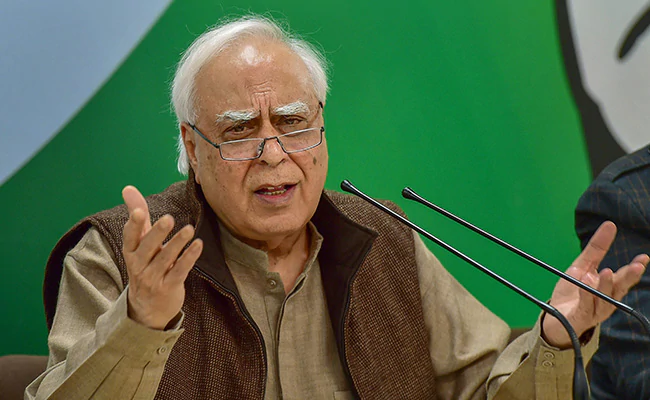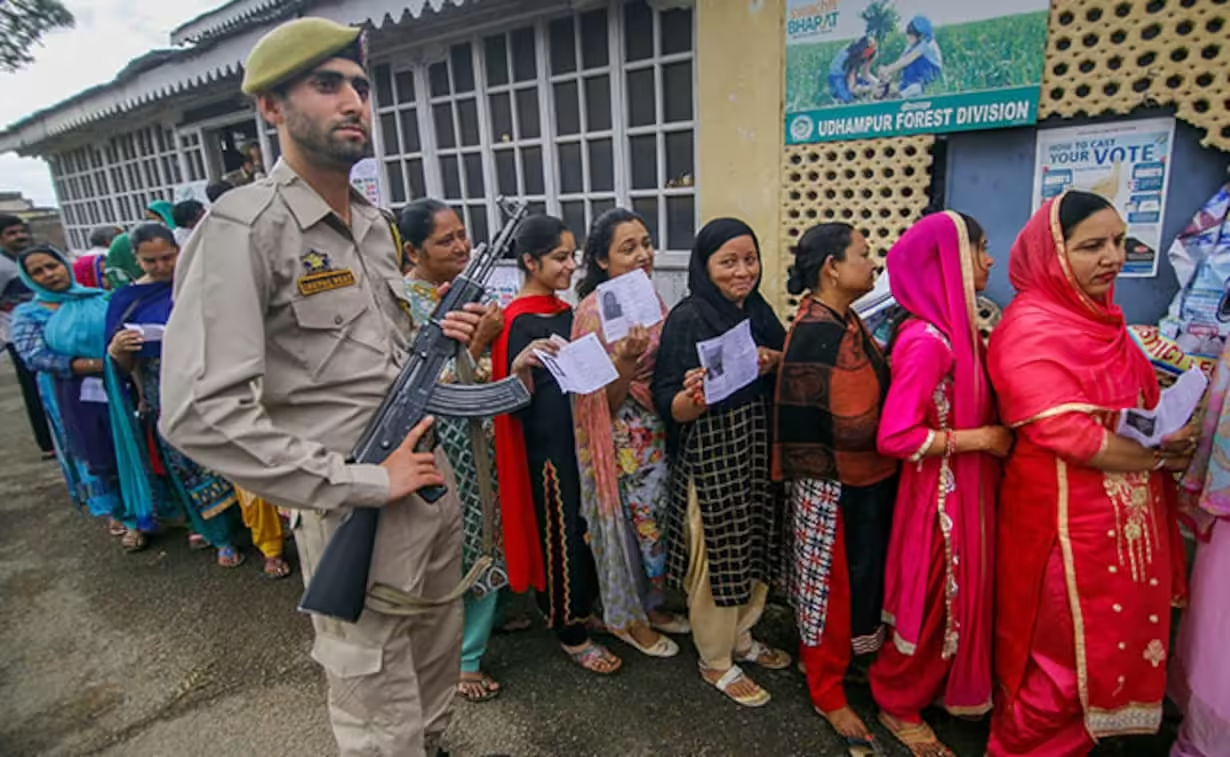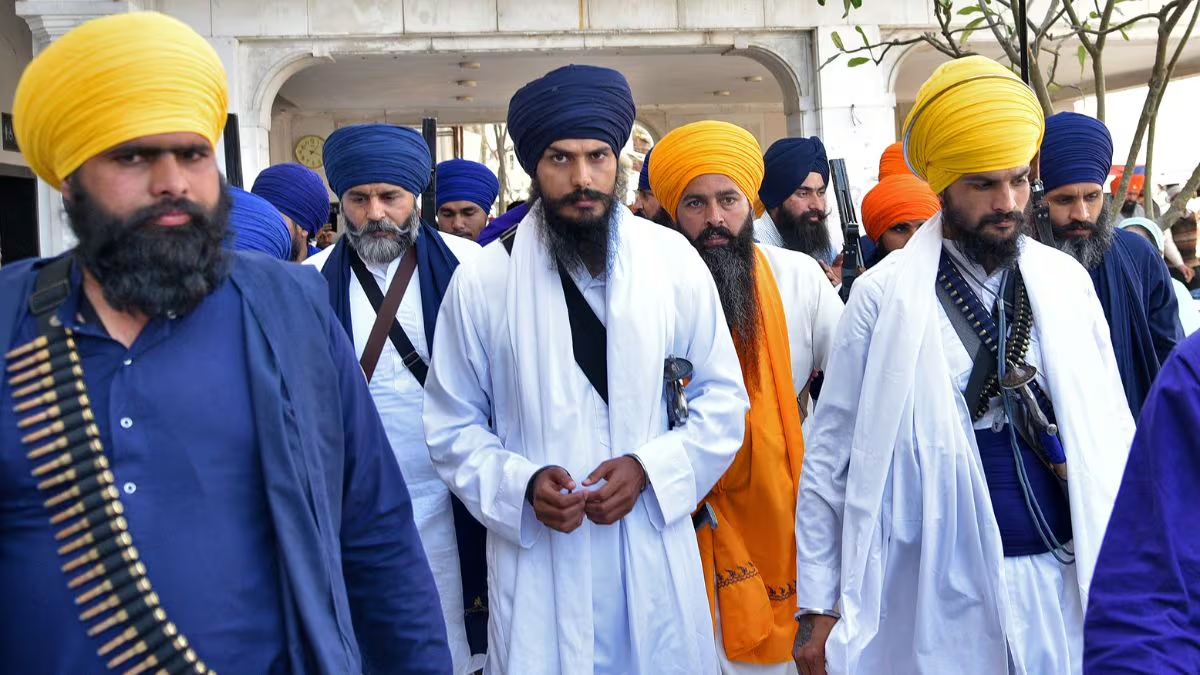Rajya Sabha Member of Parliament Kapil Sibal launched a scathing attack on the Election Commission of India (ECI) over allegations of favoritism towards the ruling Bharatiya Janata Party (BJP). Sibal accused the ECI of scheduling elections in seven phases to suit the BJP’s campaign strategy, suggesting a visible bias.
In an interview with news agency ANI, Sibal remarked, “They are showing their loyalty towards the BJP and saying that we are scheduling elections in seven phases so that the army of campaigners and resources that you (the BJP) have can use it accordingly.” He further implied that the ECI’s allegiance was evident in every phase of the election process.
Expressing apprehension over the delay in announcing assembly elections in Jammu and Kashmir, Sibal criticized the move, labeling it “unconstitutional.” He asserted that converting a state into a Union territory and subsequently avoiding elections would violate constitutional principles. Sibal also cast doubt on the likelihood of elections taking place in J&K.
Chief Election Commissioner Rajiv Kumar addressed concerns about the timing of the J&K assembly elections, citing security issues. He stated that the elections would be held “soon after Lok Sabha elections,” as holding both simultaneously posed logistical challenges.
Reacting to Kumar’s assurance, Sibal questioned the Commission’s commitment, highlighting discrepancies in the electoral process for J&K. He argued against the Solicitor General’s statement regarding the timing of assembly elections, asserting that it should be the prerogative of the new government.
The Election Commission’s decision not to conduct simultaneous polls in J&K drew disappointment from various political quarters. National Conference (NC) vice-president Omar Abdullah expressed disappointment, criticizing the failure to synchronize J&K assembly polls with the rest of the country. Abdullah emphasized the missed opportunity to implement the concept of “one nation, one election.”
The delay and uncertainty surrounding J&K assembly elections have sparked debate and criticism, with political stakeholders voicing concerns over the integrity and fairness of the electoral process.


